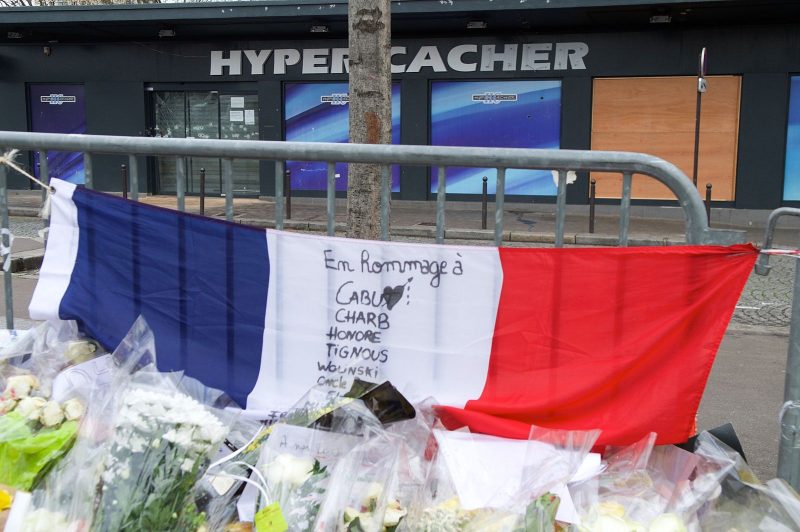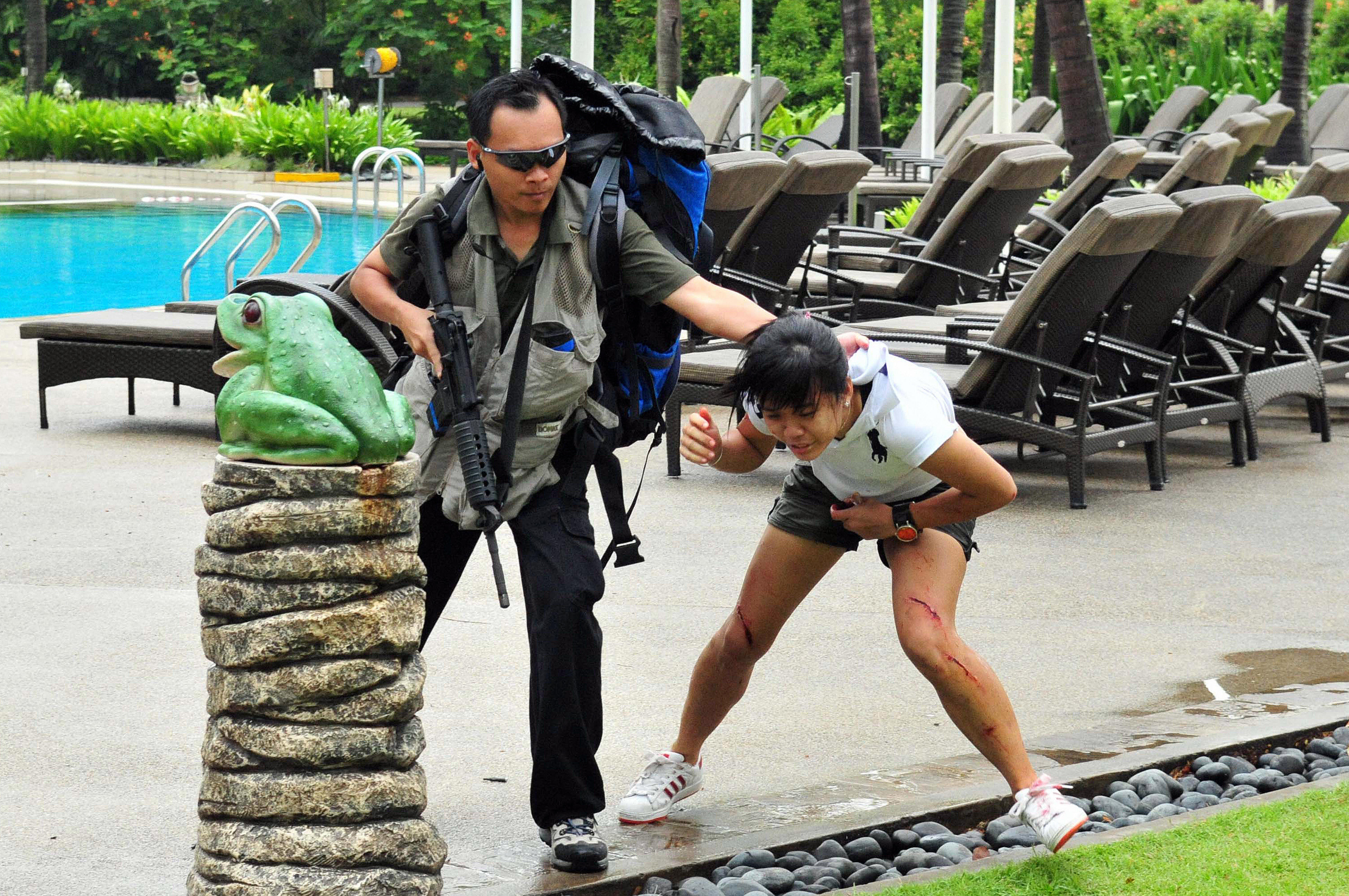Feb. 27 was the first day of the Budget Statement debate in Parliament, but the government never wastes an opportunity to get a little extra work done.
The Public Order and Safety (Special Powers) Bill (aka 'the Bill') was introduced for its First Reading too.
If passed, the Bill will repeal the existing Public Order (Preservation) Act. POPA was enacted in 1958 to bestow on the police certain powers to handle large-scale riots like:
- Closing roads
- Setting up barriers
- Shutting down telecommunication services
- Commandeering vehicles
- Stop and search
- And others. Go read yourselves.
Filling in a gap
But the Ministry of Home Affairs (MHA) believes that POPA needs to be updated to face modern security threats like terrorist attacks.
In a press statement, it pointed out that the old law provides the police with special powers to quell riots, but those powers vanish once order has been restored.
However, there could be scenarios where there is no disorder, but public safety is still threatened.
One example is the immediate aftermath of a terrorist attack when the police are hunting down the bad guys.
So, MHA wants these powers that the police already have during times of public disorder, to also cover cases where public safety is still at risk even though everything might seem calm.
[related_story]
Three goals
So what exactly does this Bill do? It has three distinct aims.
1. Special powers for serious incidents
As mentioned, this Bill would extend special powers to the police in times when public safety is at risk.
The Minister for Home Affairs must issue the order to authorise this only if he or she believes that a "serious incident" has occurred/ is occurring/ is about to occur and that the special powers are needed to deal with it.
2. Protect the secrecy of tactical operations
You might have noticed that one of the powers granted by the old law is the shutdown of telecommunications.
This Bill would allow the Commissioner of Police to make a communications stop order once the Minister for Home Affairs has authorised the use of special powers.
This means everyone in the area, whether they are bystanders or members of the media, must stop making or communicating videos, pictures, text or audio messages about ongoing security operations in the area.
Failure to do so may result in a fine of up to $20,000, up to two years in jail, or both.
MHA cited two previous terrorist attacks in other countries -- the 2015 attack on the Hyper Cache Deli in Paris and the 2008 attack on the Taj Mahal Palace Hotel in Mumbai.
In both cases, the terrorists were able to monitor media broadcasts and keep themselves informed of police operations and movements.
 Pic from Wikimedia Commons.
Pic from Wikimedia Commons.
3. Additional powers
But the Bill doesn't just grant the old powers to the police for new situations, it also gives them additional powers.
These include directing building owners to close their premises if necessary, and also enhanced powers to stop and question individuals in an incident area for information.
Refusing to disclose information to the police would then be considered an offence.
Be careful
What does this mean for you?
If a security incident occurs and the Commissioner of Police has issued a Communications Stop Order, don't take pictures or videos if you happen to be at the scene, and ESPECIALLY don’t upload them anywhere or send them to other people.
If you happen to be in the area and the police ask you questions, let them know if you have any information.
Or else you might get in more trouble than you already were.
Top image by BOB LOW/AFP/Getty Images
If you like what you read, follow us on Facebook, Instagram, Twitter and Telegram to get the latest updates.
